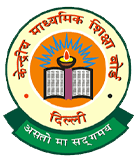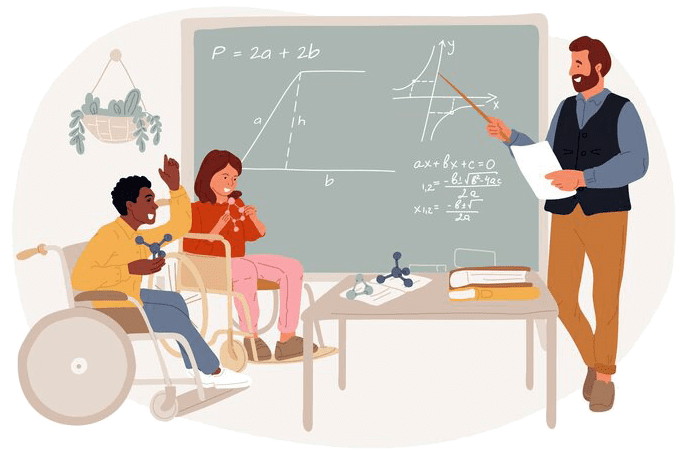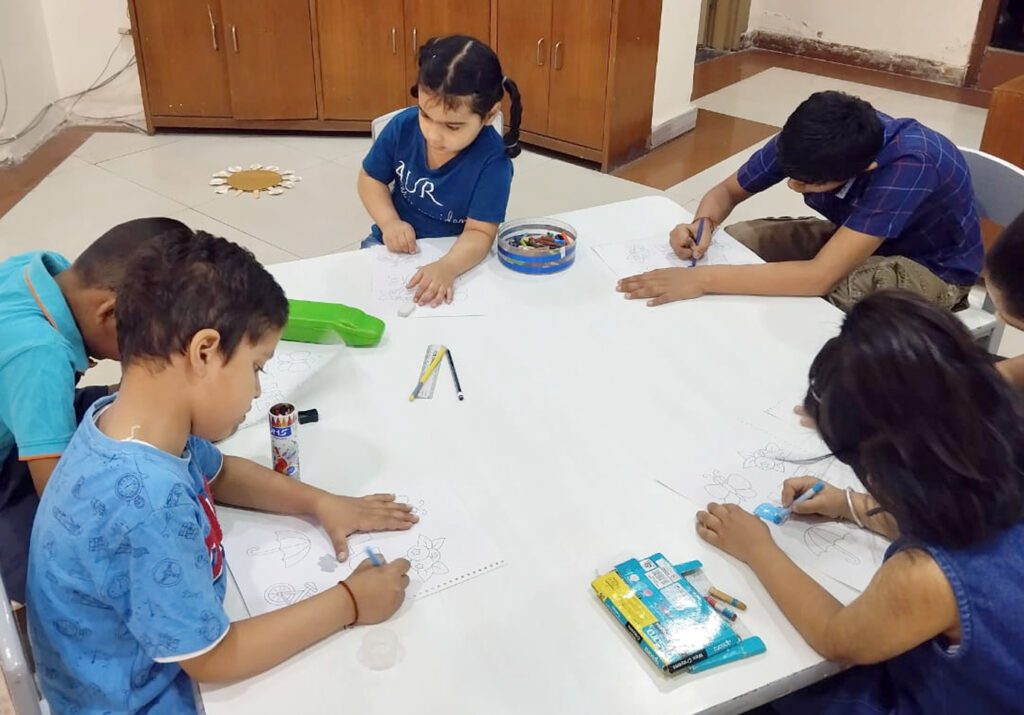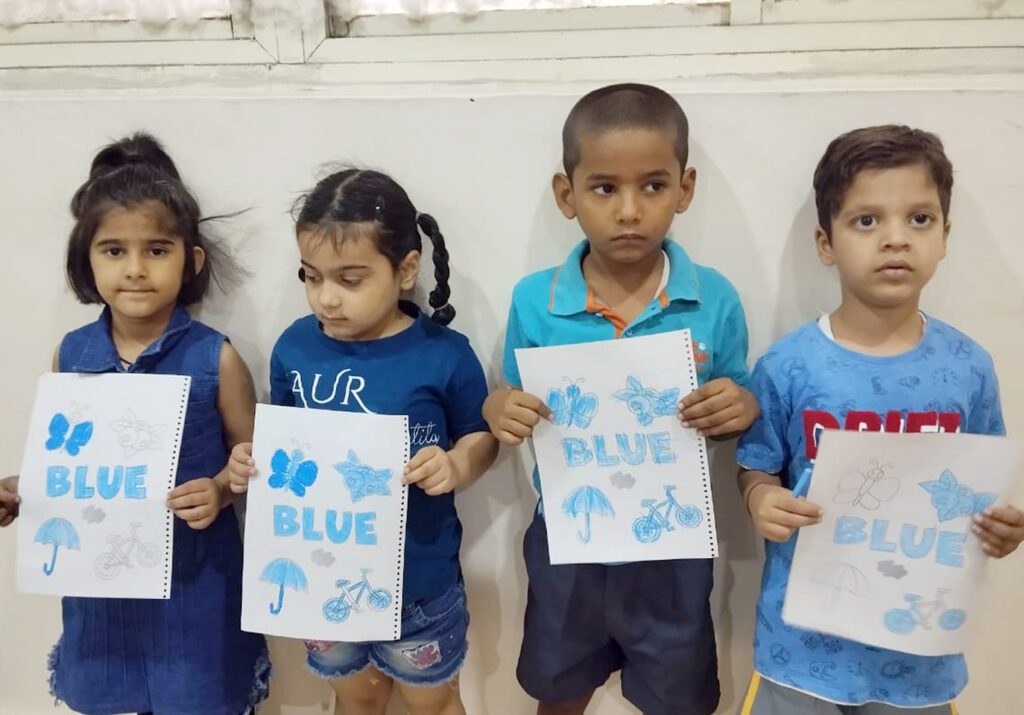Inclusive Education
Inclusive Education
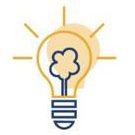
All students learning together
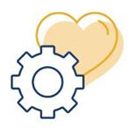
Giving teachers assistance & support
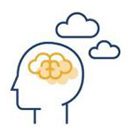
Focusing on abilities, not disabilities

Teachers learning to expand their skills

Connecting with individuals learning styles

Honoring the needs of all pupils equally
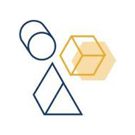
Valuing other cultures & perspectives

Celebration diversity & individuality

Nurturing shared respect & empathy
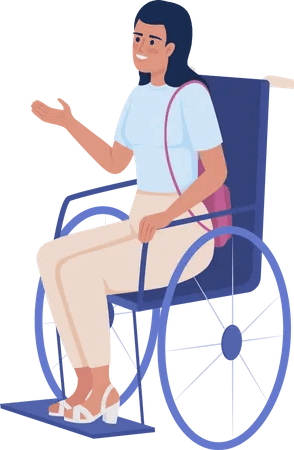
Every learner learns and uses their learning differently. Today’s learners may be culturally or linguistically different, may suffer from minor or major disabilities, may come from different family or socio-economic backgrounds, or may be disadvantaged due to economic, social, cultural, linguistic, gender, administrative, vocational disability, or other factors. We support them in overcoming all these barriers by providing an enabling school environment.
We pay due respect to diversity so that every child, no matter what his/her background and ability, receives a relevant and meaningful education. Being different is a fact that most of us understand.
Inclusion is an effort to make sure all learners, including children with disabilities, access our school along with other children by providing “specially designed support and instruction” to help them succeed as learners and achieve the required competence and skills.
The basic philosophy of inclusion is based on addressing the diversity present in learning environments in ways that are effective and beneficial for all. Inclusion is involvement and empowerment, where the inherent worth and dignity of all learners are recognized. An inclusive learning environment promotes and sustains a sense of belonging; it values and practices respect for the talents, beliefs, backgrounds, and ways of living of its members.
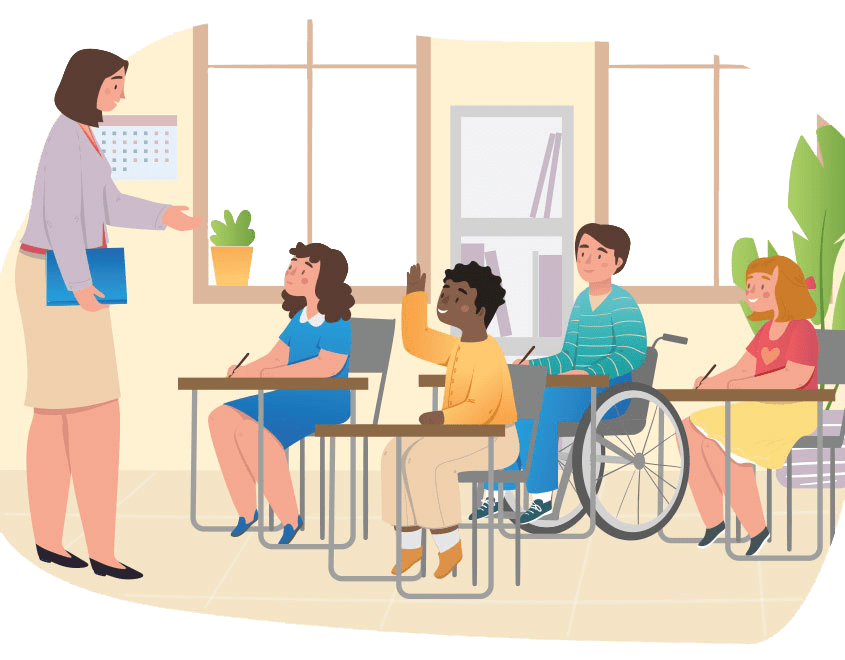
Orleans The School has the best Special Educators who help build a positive culture and plan with teachers the referral, assessment, and evaluation of students.
They provide appropriate information to teachers in advance to assist them in effective lesson planning, execution, and assessment.
They conduct sessions with teachers, peers, and parents to equip them with knowledge regarding disabilities and strategies.
They make recommendations for Individualized Education Programs (IEPs) considering the individual needs of the students.



